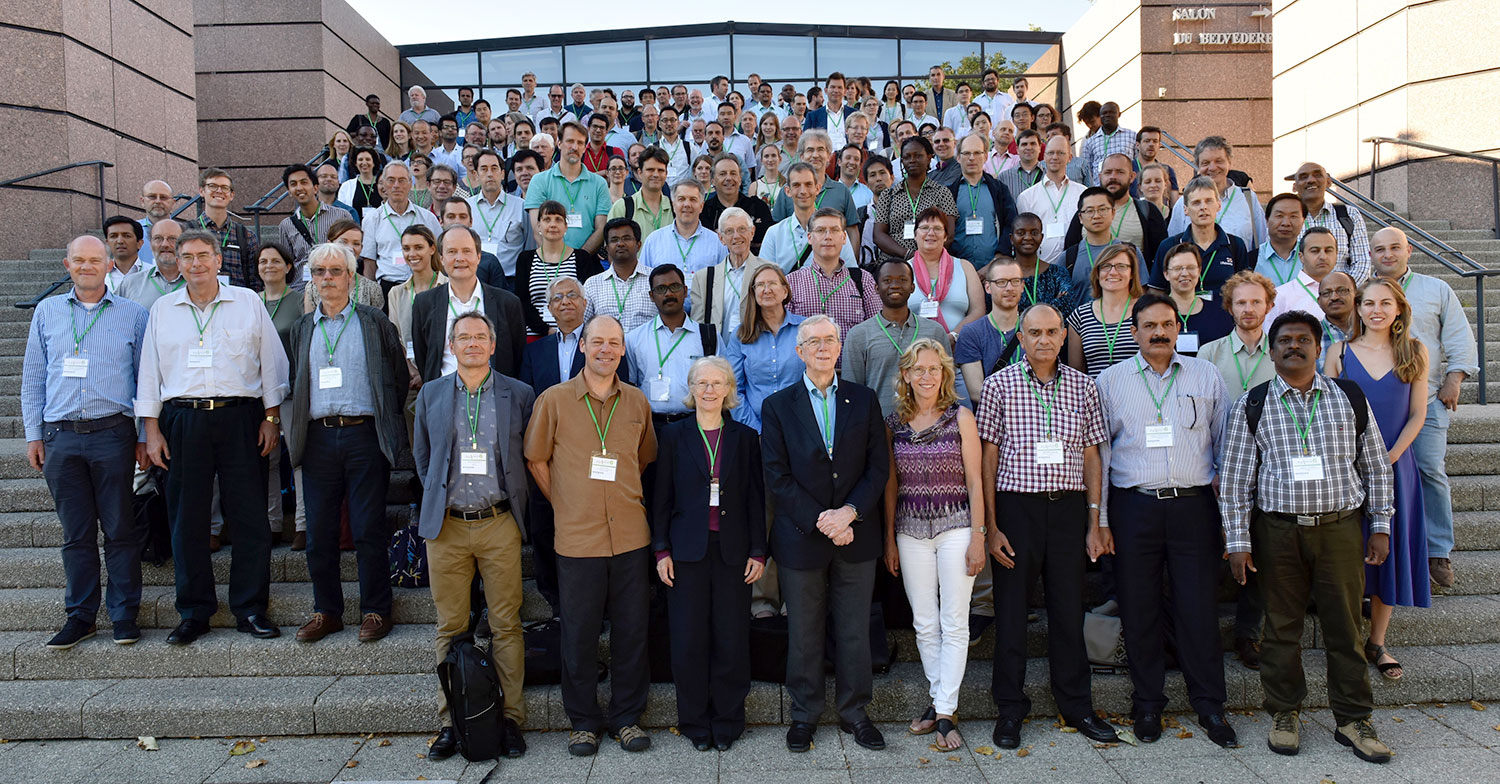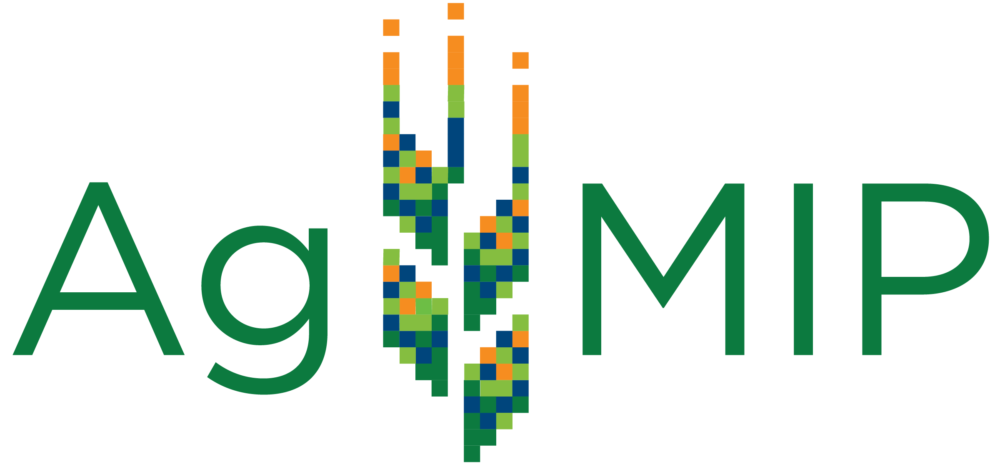AgMIP6 Global Workshop Summary
Sep 23, 2016
By: Shari Lifson
AgMIP has been developing this interdisciplinary research, or integrated assessments, of agricultural systems since 2010. Led out of Columbia University, the University of Florida, and Oregon State University, with major funding from UK Aid, AgMIP is comprised of an international community of scientists and stakeholders. The community, motivated by a desire to improve the state of food security research and then translate that into effective policy, periodically comes together at AgMIP Global Workshops to share new protocols, research results and plans for future collaborations.
The sixth of these AgMIP Global Workshops (AgMIP6) was held in Montpellier, France, June 28-30, 2016 where 220 participants from 39 countries and five continents attended.

AgMIP6 Group Photo
The participants represented not only a wide range of national interests, but also a diversity of fields including climate, crop, and economic modelers, as well as experts in nutrition and stakeholder engagement.
Sessions were organized around three guiding themes: Next Generation Knowledge, Data, and Tools; Coordinated Global and Regional Integrated Assessments; and Modeling for Sustainable Farming Systems. Each of these themes represents one aspect of AgMIP research that enables the community as a whole to improve the assessments and bring them to the next level.
Marc Rosegrant, keynote speaker, commented after the opening session, “The AgMIP6 workshop has gotten off to a great start with an excellent introduction to CGRA, the new Coordinated Global and Regional Assessments, that will be one of the really big things going forward in AgMIP. I think these assessments will allow us a better understanding of the links between climate, food security, food policy, and nutrition security than we’ve seen in any other comprehensive assessments.”
Following this plenary, participants attended themed parallel presentations. The parallel sessions were a new addition to AgMIP6 from previous workshops, and were held between plenaries on the first and second day. These sessions consisted of a series of oral presentations of selected abstracts. The range of topics reflected the variety of participants’ interests and included Seasonal Forecasts and Climate Extremes, Crop Model Improvement, Stakeholders and Decision Support, Remote Sensing, Land-Use and Scaling, Nutrition and Food Security, and Information Technologies and Data.
Alex Ruane, AgMIP Science Coordinator, said of the new parallel sessions, “For the first time, AgMIP6 included parallel presentation sessions that highlighted innovative research and cutting edge applications in agricultural modeling. These sessions demonstrate the tremendous successes of AgMIP’s 30+ activities and catalyzed the identification of new ideas for future model development and decision support for a spectrum of stakeholders.”
Cynthia Rosenzweig, AgMIP Co-PI summed up her impressions of the workshop; “We thank our French colleagues at AGROPOLIS, CIRAD, and INRA for co-hosting AgMIP6, the annual gathering of agricultural modelers from around the world. It was thrilling to experience the lively interactions among the participants from the wide spectrum of topics, including ozone, data harmonization, calibration, and coordinated global and regional assessments. A special thank you to the nutrition scientists who are teaming with AgMIP to create models and metrics for food and global health.”
Ghassem Asrar, AgMIP Steering Council Co-Chair, commented on the workshop, “I congratulate the entire AgMIP team for another very successful annual meeting. A combination of plenary presentations and breakout discussions convey the breadth and depth of AgMIP scientific contributions and impact, both at regional and global level. It is remarkable that all of this is accomplished through a community of volunteers who benefit greatly from being a part of the AgMIP team.”
As the AgMIP community left the workshop in Montpellier they had plans in hand to forge ahead in their research. The workshop had been successful in its aim to bring this community together and propel the research forward. They understood that the global food system impacts every person on this planet and accurate planning information is urgently needed today to ensure it continues to deliver nutrition to us all now and into the future.
